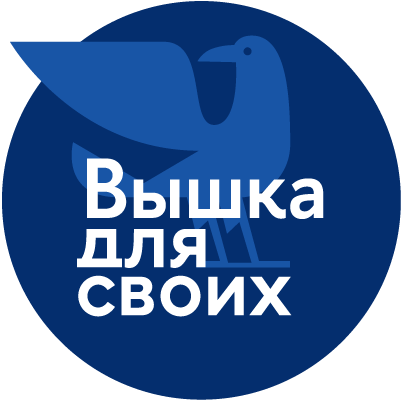- A
- A
- A
- АБB
- АБB
- АБB
- А
- А
- А
- А
- А
Extracting DNA from Strawberries at the Yale Summer Session
Anna Shpektor, Research Assistant at the Centre for Cognition and Decision Making and student at the Faculty of Mechanics and Mathematics at Moscow State University took part in the Yale Summer Session this year. She gave the HSE news service a brief interview about her experience.
— What were your main criteria for choosing the programme of summer education? Why did you want to study in the USA?
— I wanted to extend my background in psychology and acquire more experience abroad. Last year I went to Cambridge, UK for the summer. This year I decided to continue studying abroad and I chose the United States. This gave me an opportunity to experience different educational systems. I chose Yale University, an Ivy League University, which offers a large number of courses in psychology. I took two of them: ‘Nature, Nurture, & Human Development’ and ‘Madness & Civilization’.
— How did you pay for it?
— I asked several finance companies that provided funds for students to travel abroad. As a result, I received funding from the foundation ‘Intek’.
— What was the process of your study? Tell us about a typical day at Yale.
— During the summer, Yale offers the exact same courses for undergraduate students as they do during the school year. Summer session involves a lot of Yale students because they can receive the full credit for these courses. This way you can join in a high-level education. However, the summer session is almost 3 times shorter which makes it quite intense. A typical day consists of a three-hour class and a large amount of independent coursework. In the evenings local students often arranged activities for us. Over the weekend there were trips to cities like Boston and New York. We also went on trips to several beaches.
— What are the most important skills you gained from the course?
— In the weeks spent in America, I learned how far I can push myself. It was very intense yet topics were extremely interesting and I felt that the teachers were very experienced. For example, I had a class about behavioral genetics. From beginning to end, we progressed from the basics by extracting DNA from strawberries, and then we finished the course by following up on the recently published data.
— What advice would you give to students who are interested in studying abroad?
— Almost all universities have web-sites which review teachers and courses. I would advise everyone to research information provided by current university students before choosing which courses to take. I mistakenly chose only to look for official information provided by the university. As a result, one course was very interesting, but the other course was not compatible with my expectations. Overall, it was an amazing experience to study at Yale University.
By Elena Krougluakova

